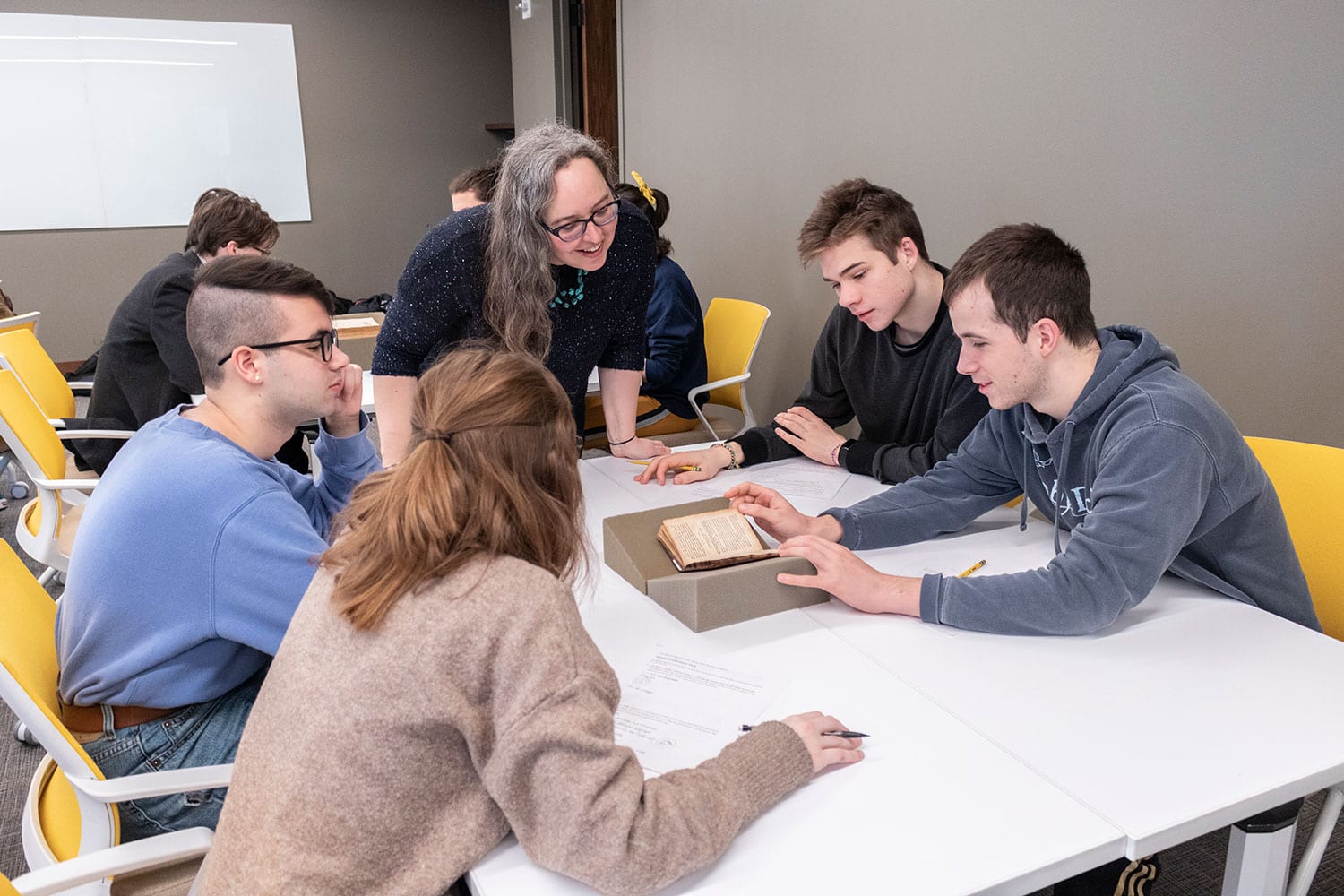Course Title: “Wealth and Poverty in China and the Ottoman Empire”
Taught By: Visiting Assistant Professor of History and East Asian Languages and Cultures Elif Akcetin
Says Akcetin:
“Wealth and Poverty in China and the Ottoman Empire” investigates the origins of income inequality in the contemporary world. Historians speak of the early modern/modern centuries as a period of cultural and physical mobility, during which people, consumer goods, information, and knowledge moved within and beyond national boundaries and formed the itinerant elements of an interconnected world. Such narratives, however, are often preoccupied with defining shared experiences of early modernity without taking into account local variations in cultural values, structures of power and modes of governance. Moreover, they rarely consider material conditions, especially of the most vulnerable members of society, as constituting an important determinant in itself.
Poverty emerged as a serious crisis during the early modern centuries. It persisted even in the apparently developing economies where the industrial revolution took place. Governments were very much aware of this and developed strategies to manage the growing income inequality. What Michel Foucault has called “the government of things” was precisely that: the technical, epistemic and moral management of material conditions and resources.
The course aims to reinstate the forgotten histories of poverty and inequality within the history of the modern world. Students engage in an intensive examination of the societies of China and the Ottoman Empire, asking how poverty manifested itself in these respective societies, how and why it was a structural problem, and how states governed the poor population. Students then place poverty in a broader historical context, looking at the role of welfare as an imperial project, the Ottoman and Chinese attitudes toward wealth, the question of the emergence of capitalism and how the latter’s history can be rewritten taking poverty as a pivotal element. The course embraces the methodologies of global microhistory, focusing on case studies through a close analysis of visual, textual, and material sources, while keeping abreast of the global context. My hope is to impart students with the analytical tools and skills to identify power relations in past and contemporary societies and with the ability to understand cultural complexities and to think in relative terms.
The course is the product of several of my research endeavors that crossed path unexpectedly and came together. I initially began reading government documents in Chinese related to a corruption trial that took place in Qing China in the late 1700s. I soon realized, however, that the event was not only about punishing corrupt officials but that it also deeply involved, in the ruling elites’ minds, the questions of how provincial and state funds were shared and how resource distribution impacted the poor. The Qing state saw the management of poverty as an important source of knowledge and legitimacy, as does the PRC government today: “Eliminating poverty (tuopin 脫貧)” is a recurrent theme of the state news channel. On the Ottoman side, I co-edited a volume with Suraiya Faroqhi on consumption in China and the Ottoman Empire, which provided me with the occasion to read more about Ottoman society and economy. Professor Faroqhi’s innumerous works on the material conditions of rural and urban society in the Ottoman Empire have been profoundly influential and revealing.
When I accepted Haverford College’s offer, I saw it as a great opportunity to share this cutting-edge knowledge with students, to raise and answer questions together as members of a community of learners, in the hope of making the world a better place. The course is an unusual offering in the departments of history and East Asian languages and cultures in that it brings together the histories of two early modern agrarian empires which have rarely been thought comparatively and in a global context at the same time in order to discuss topics highly relevant to our times.
Learn about other courses offered by the Department of History.

